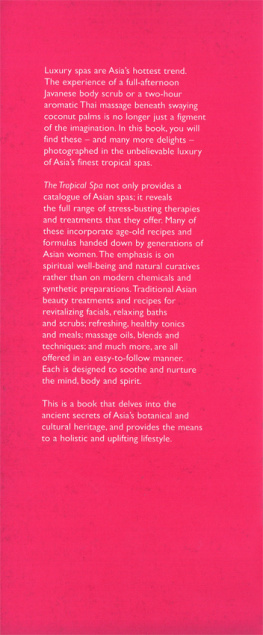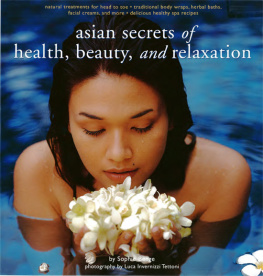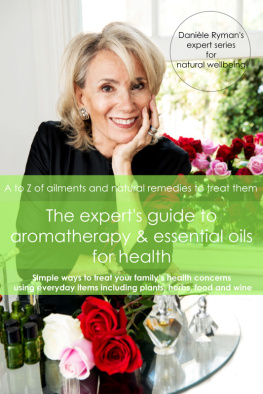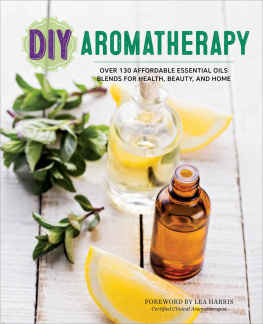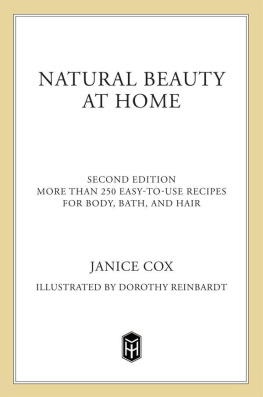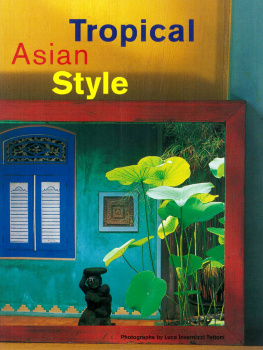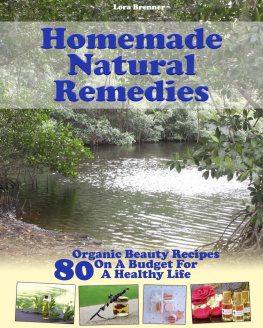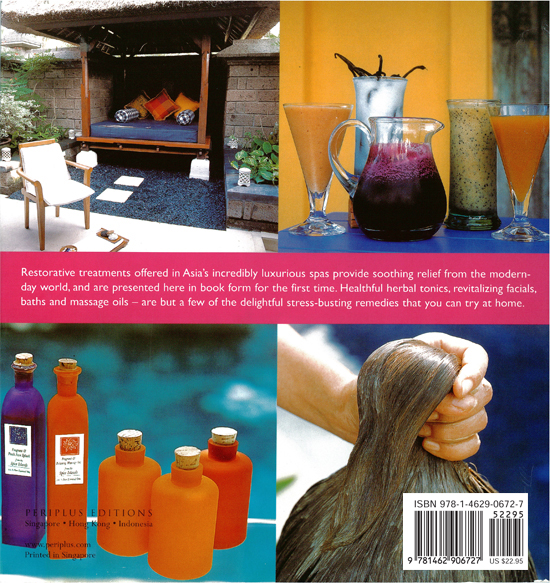
The Bali Padma uses traditional stonecarving throughout the spa premises.
the tropical spa experience
'Spa' is the Millennium buzzword for health, beauty and relaxation; it is hip in holiday-speak and a mantra for the growing band of worshippers at the altar of self-preservation. Yet despite its current popularity in the lives of trendsetters, jet setters and health fanatics everywhere, the 'spa' is not a new stop on the road to wellbeing. It is a concept as old as the hills it springs from, rewritten for the contemporary scene.
In broad terms, this new image has developed to meet the prevailing mood for an holistic approach to life. In today's era of 'mindfulness', the pursuit of vanity and pampering is happily fused with a desire for inner health. Destination spas, mushrooming on every continent set out to offer some solutions for those who want to look good, feel good and rejuvenate their bodies as well as their souls.
This is an extension of the original spa concept which, although it has existed since Roman times, was only formalized in 17th-century Europe out of an understanding for the curative powers of water. The spa, such as the eponymous resort in Belgium or the historical Baden-Baden in Germany, originated as a clinical, get-well centre for curing all manner of diseases from arthritis to infertility. Rigorous routines, in often less than indulgent locations, involved drinking or bathing in the spring-fed spa waters or walking barefoot in the winter dew at dawn.
Today, the spa philosophy has moved on from the pain-is-gain approach and away from a curative emphasis towards a preventive one.
And while there are country by country variations in the spa experience (for example, the emphasis in the United States is not in any way self-indulgent), the cutting edge is the Orient with its focus on spiritual harmony and natural, not pharmaceutical or clinical, treatments. The irony is that a spa culture is not traditional to tropical Asia: yet the centuries-old health and beauty practices of this region are being picked up and repackaged for spa retreats from California to Kensington.
The tropical or southeast Asian health and beauty philosophy stands in stark contrast to traditional Western beliefs that put faith in the contents of a gold-topped tub or in the hands of white-coated laboratory technologists. Year after year, the bible for beauticians across Europe and America has preached skin deep remedies, from wrinkle-reduction creams to liposuction, for the ultimate in cover girl glamour It is, however, a relatively recent revelation that beauty from the outside in is back to the front Now it is more a case of a leg wax plus a dose of soul nourishment, please, for today's 'mindful' and rejuvenating treatment.

The Source at Begawan Giri Estate has taken the outdoor spa concept to its ultimate, natural conculsion.
"The mind and the body are like parallel universes. Anything that happens in the mental universe, must leave tracks in the physical one." Deepak Chopra
This worldwide vogue for spiritual and mental, as well as physical, fitness has been at the core of Asian beauty custom since the beginning of time. Lasting beauty comes from deep within the body and mind; how we feel about ourselves and the world around us directly affects our facial expression and outward appearance. Modern mind-body science has now shown that when we are relaxed and happy, the biochemical rhythms in our bodies are significantly different to those present when we are angry, tense or sad. In his best seller; Quantum Healing, celebrity physician and mind-body guru, Deepak Chopra, writes: "... the mind and the body are like parallel universes. Anything that happens in the mental universe, must leave tracks in the physical one."
In Indonesia, the birthplace of many tropical health and beauty secrets, there is an ancient Javanese expression: rupasampat wahya bhiantara, - which encapsulates exactly this notion. It roughly translates as 'the balance between inner and outer beauty, between that which is visible and that which lies within' and it is the parable by which women in this part of the world live without even thinking about it.
According to Dr Martha Tilaar, the founder and president of one of the country's foremost natural cosmetic groups, outer beauty involves a ritualistic process using natural products for skin, hair and body. This is balanced by a number of inner beauty techniques, which include taking jamu (traditional herbal tonics and medicines); practising Daya Putih, a spiritual form of exercise which unleashes inner power to maintain purity; fasting; and making more frequent giving, selfless gestures in our lives. "A sense of gratitude and taking care of others," she explains, "empowers us inside. This is not religious practice; it is all part of beauty ritual."

The outdoor shower, such as this one at Begawan Giri is synonymous with the Tropical Spa.
"To twist and... stretch is... a body holiday. There is the unexpected delight in meeting earth and sky at the same moment! Gravity." From Awakening the Spine -A New Way of Yoga by Yanda Scaravelli

The crme bath is a ubiquitous hair product in Asia. It contributes to the sleek shiny locks that women from this region are renowned for.
It is also part of the Asian ideology that says that a desire to be beautiful is valid; it is not the vacuous pursuit of vanity that tends to be associated with beauty practices in the West. In his treatise Daya Putih for the Inner Beauty, the Daya Putih foundation's leader, Sumadi Kertonegoro, makes the lofty claim that 'the path to beauty is the path towards consciousness and the origin and purpose of life'.
While Kertonegoro's path to beauty and life's purpose is through the spiritual patterns of Daya Putih, which claims that the Hindu gods dwell in our body's organs and must be assuaged through mindful movement, there are other more familiar routes such as the soft exercise techniques of yoga, meditation, tai chi and qi gong. In practising these oriental art forms, which concentrate our attention on breathing and body rhythms, we can go a long way toward clearing our minds from daily dross and becoming aware of our mind-body interdependence.
What this enlightened subterfuge means in plain English is that these forms of gentle exercise do as much for easing tension as treatments themselves. And a relaxed state of mind enables clarity of thought, which in turn, enhances beauty. Again, Deepak Chopra stresses the importance of meditation:"To make the right choices in life, you have to get in touch with your soul. To do this you need to experience solitude, which most people are afraid of because in the silence you hear the truth and know the solution. Ultimately the only solution to all problems are spiritual."
"Women today are losing their vital force. Even their posture says, 'I don't feel great any more.' We help them get back in touch with their sensuality." - Nazli Anwari

